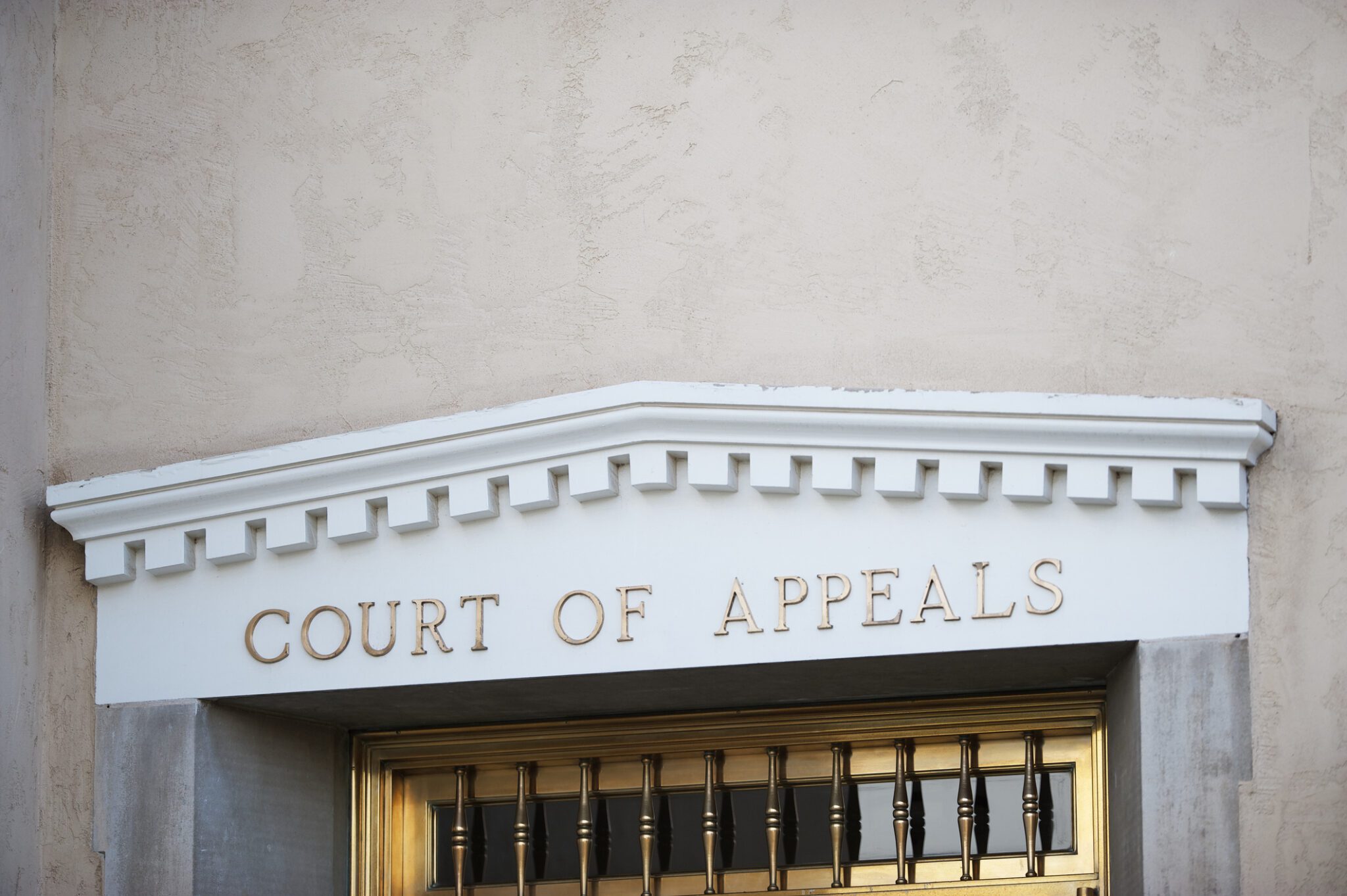As the business environment becomes increasingly regulated, professionals face a higher risk of civil proceedings and complaints to disciplinary bodies. These processes are expensive, time-consuming and stressful. There are three important steps every professional should take to mitigate risk and expedite resolution.
Step 1. Communicate clearly and get everything in writing
Clear and honest communication from the outset is the key to defining the work to be undertaken and managing the expectations of everyone involved. We cannot overstate the value of having these discussions and recording the scope of work as quickly as possible. Claims brought against professionals can stem from simple misunderstandings and breakdowns in communication. These commonly occur over the scope of the work, responsibility for tasks, fees, and whether additional professional advice is required.
The best way to avoid misunderstandings (and the problems they can cause) is to follow up a face-to-face meeting with a client an email confirming the important details agreed. This email is vital as it gives both parties the chance to ask questions, clarify details, and establish a clear set of expectations before any work is carried out. When misunderstandings are not identified until later, it can be difficult to resolve matters retrospectively without any written backup. This post-meeting email containing key details and metadata can be a valuable protective tool in these situations.
Step 2. Hone your process, update your contracts and use them.
Processes and contracts work together to create a framework that offers strength and resilience against risk. The nuts and bolts of your process will depend on the specifics of the business you are in, but time spent fine-tuning it will quickly pay off. It will enable you to better handle and manage the different stages of each project swiftly and adeptly with the confidence that nothing has been missed.
We recommend engaging a specialist lawyer to review your contracts regularly to ensure that these clearly and unequivocally detail the scope of work, all fees, and any exclusions/limitations. Contracts should always be signed and returned by clients before any work commences, and any limitation/exclusion of liability clauses must be brought to the client’s attention. This ensures their expectations are realistic and gives you documentation that can be relied upon later if need be.
Step 3. Don’t neglect your indemnity insurance
The unfortunate truth is that every professional, however fastidious, is likely to make a mistake at some point in their career. Some mistakes have virtually no consequences and some disputes can be resolved relatively quickly. Others require significant time and cost and can be difficult to resolve.
When a mistake occurs, Professional Indemnity insurance is one of the most powerful tools you can have in your possession. It usually provides cover for legal defence costs for civil claims and disciplinary complaints as well as any compensation/damages you are ordered to pay. (This is subject to terms and conditions, so check the details of your policy.) We recommend notifying your broker or insurer about a claim or complaint as soon as possible so that It can be appropriately handled.
With compliance costs increasing every year, it might be tempting for some professionals to let their indemnity insurance go. This is understandable, but it is not a decision to be taken lightly. Once the insurance has lapsed, it can be difficult to obtain new cover. Any subsequent gap in cover can make it difficult to defend a claim, which can put you at personal as well as professional risk.
There are skilled specialists available who are experts in helping manage risk and mitigate the effect of any claim that might be brought against you. If you are unsure whether you are adequately protected or have questions or concerns, we highly recommend taking the time to seek out this advice.
For further information, please contact Duncan McGill.
Disclaimer: The content of this article is general in nature and not intended as a substitute for specific professional advice on any matter and should not be relied upon for that purpose.





